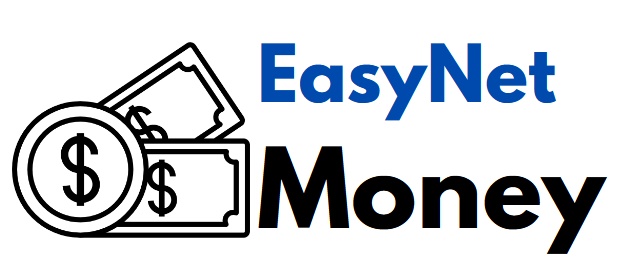According to Reuters report the recent stock market growth disputes the recession claims.
Despite the increasing government bond yields and the belligerent expectations of the United States Federal Reserve, the U.S. stock markets performed well.
The robust economy has contributed to a significant rise in the U.S. stock markets.
However, some investors seem to contradict the recent growth of the U.S. stock markets. They are of the opinion that the current rise in the stock market is not long-term.
Following better-than-anticipated employment numbers, high retail sales, and inflation, the Feds might have no other option but to further increase the interest rate.
As a result of these outcomes, the U.S. treasury has also increased the bonds, which is a negative development for stocks.
A Possible Increase in Interest Rate
Feds are very vocal about further increases in interest rates; this will give strength to the U.S. dollar. As bonds and the U.S. dollar gain strength.
This means that stock markets should feel pressure, but despite plummeting in terms of the weekly trade index, the stock markets are experiencing a significant rise in the trade index.
This means as of now U.S. stock market is least bother about the current Feds claim and upcoming economic recession.
Moreover, the strong data has alleviated concerns about the replication of a similar recession that troubled investors and Wall Street towards the end of 2022.
Hence, the strong stock outcomes have convinced the investors that they should only retain their current shares, but also invest in new equities.
The Performance of U.S Biggest Stock Market Indexes
Starting with S&P 500, the index rallied by 6.6% today, even though bond yields on the 10-year note continue to rise from their lowest point this year.
On the flip side, only 24% of Wall Street fund managers believe that a recession might hit the stock markets.
This number was 77% back in November 2022. By the end of December 2022, almost every second fund manager was concerned that 2023 will start with an immense recession.
But now, the recession talks seem to be disappearing the way they never happened.
The managing director of Nomura Securities said that stronger-than-expected domestic and global revenues growth shown by multinationals has surprised many experts.
The Nasdaq Composite Index, the index where all the tech companies are being listed, last year was very sensitive to the high bond yields last year but seemed much more stable this year.
It shows Nasdaq Stock Exchange has earned the investors’ trust with its epic recovery from the decline of 33%.
This recovery happened due to the exceptional performance of domestic and international tech companies.
The report published by JP Morgan (NYSE: JPM), the NASDAQ Stock exchange is up by 13.3% from the first week of January 2023 till now.
Some Investors Are Skeptical of Future
Despite the strong outlook of the S&P 500 and NASDAQ industrial composite, a relatively large number of investors are still doubtful that this will last longer.
The reason investors are afraid that this current stock market boom will end is a constant rise in yields and the possibility that Fed further spike the interest rate.
Higher bond yields mean the equity market will get much-needed momentum against the stock market.
Normally equity market is much more secure as compared to the stocks.
So, when bonds are offering a high potential for return it is obvious that investors will favor the equity market over stocks.
Moreover, investors also believe that the recession has been delayed but its possibility is not wiped out yet.
Moreover, the Feds hinted that they would keep tightening the monetary policy in order to keep the economy stable.
Hence, some of the market’s fav stocks might collapse. However, the future is uncertain, and it cannot be controlled.
As the things stand now, 66% of the world’s renowned fund managers are hopeful for strong stock performance in the future.
U.S. corporate, retail, and tech sector has already shown a remarkable recovery as companies have done well in terms of their quarterly earnings.

